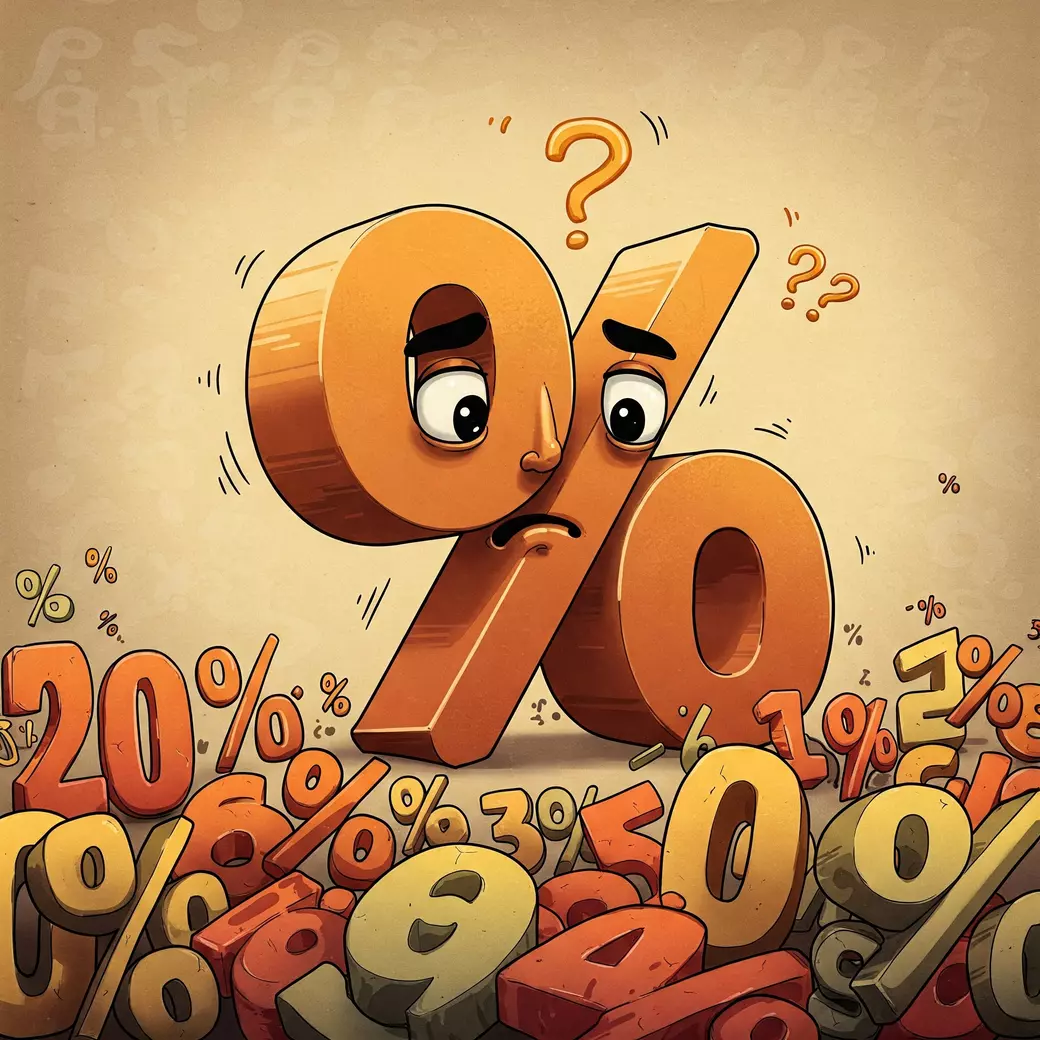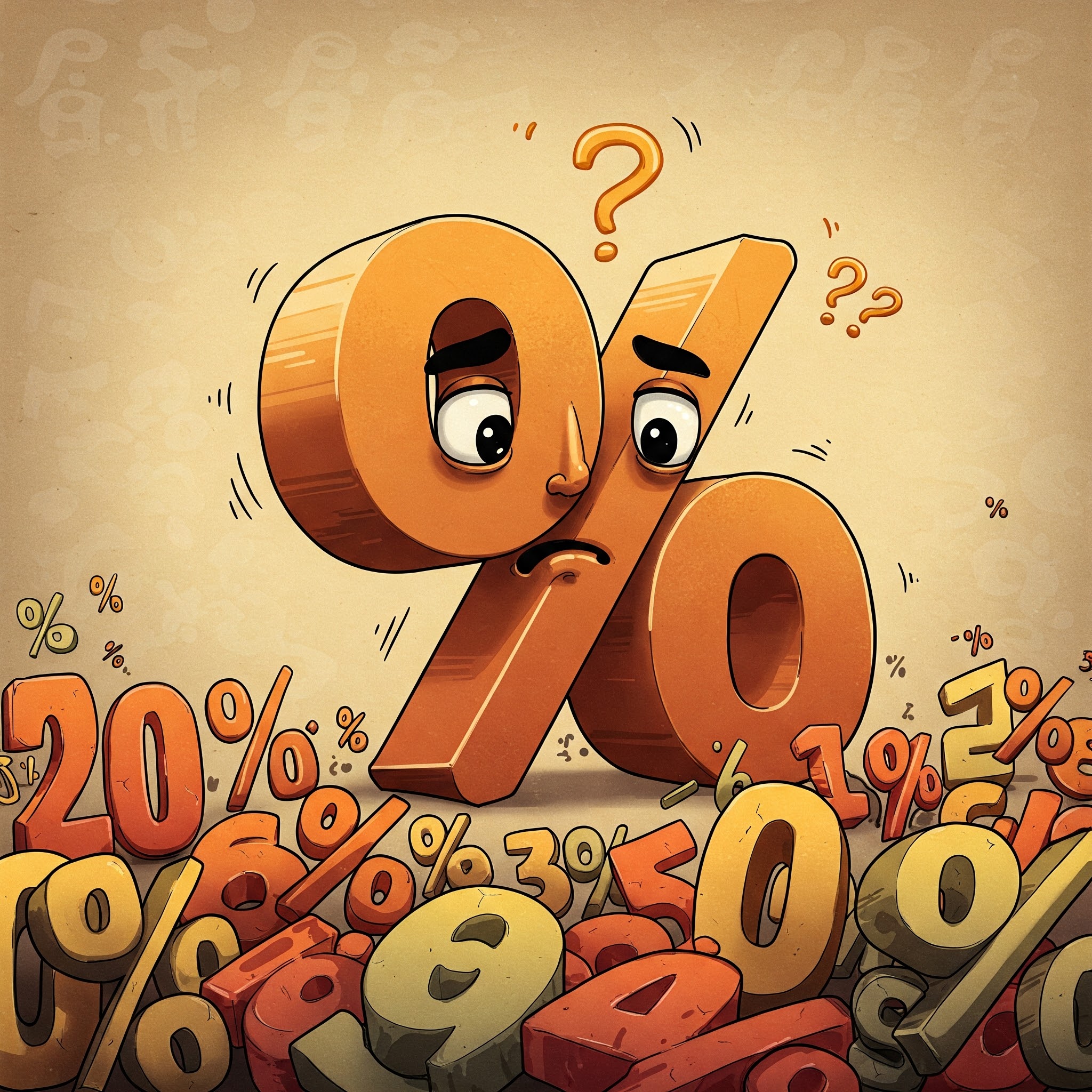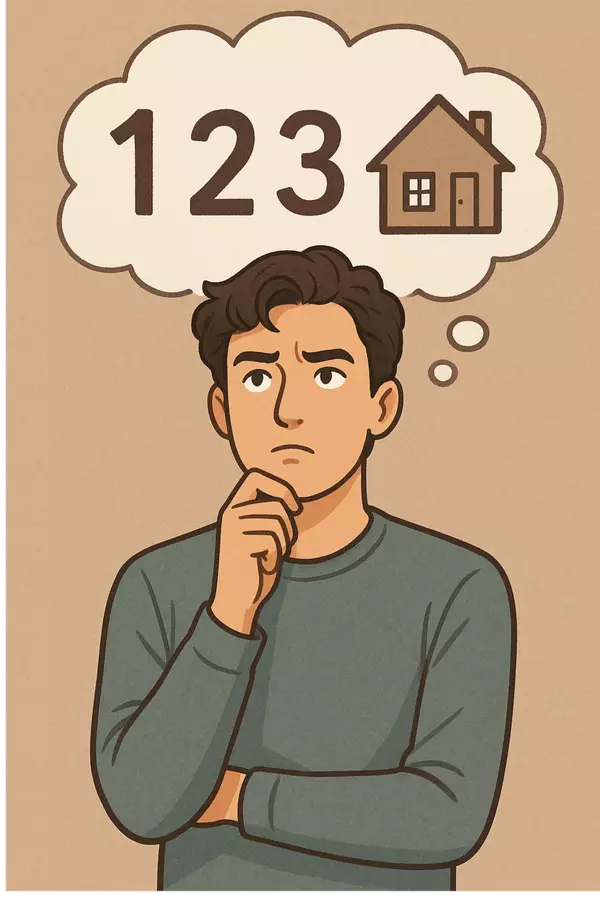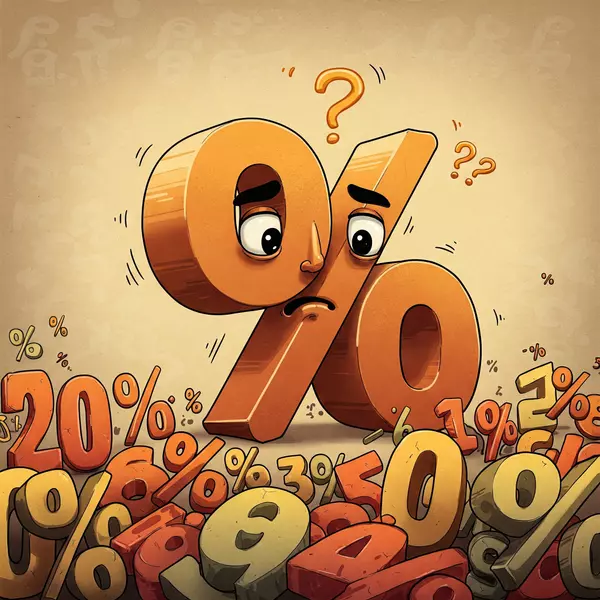How does the feds interest rate hike effect the mortgage rates?

The Federal Reserve's interest rate hikes indirectly influence mortgage rates, primarily through their impact on the 10-year Treasury yield, which serves as a benchmark for most mortgage rates in the U.S. Here’s how this relationship works:
-
Fed Rate Hikes and Borrowing Costs: When the Fed raises the federal funds rate, borrowing becomes more expensive across the economy. This often leads to higher mortgage rates, as lenders adjust to increased costs of capital.
-
10-Year Treasury Yield Connection: Mortgage rates are closely tied to the yield on the 10-year Treasury note rather than directly to the federal funds rate. Fed rate hikes can lead to higher Treasury yields if investors anticipate inflation or tighter monetary policy, which in turn pushes mortgage rates upward.
-
Market Expectations and Inflation: If a Fed rate hike signals that inflation is under control, mortgage rates may rise more slowly or even stabilize. Conversely, persistent inflation or strong economic data can keep Treasury yields elevated, maintaining upward pressure on mortgage rates.
In summary, while the Fed does not directly set mortgage rates, its monetary policy decisions significantly influence market conditions that drive mortgage rate trends.
Recent Posts








"Molly's job is to find and attract mastery-based agents to the office, protect the culture, and make sure everyone is happy! "
GET MORE INFORMATION
